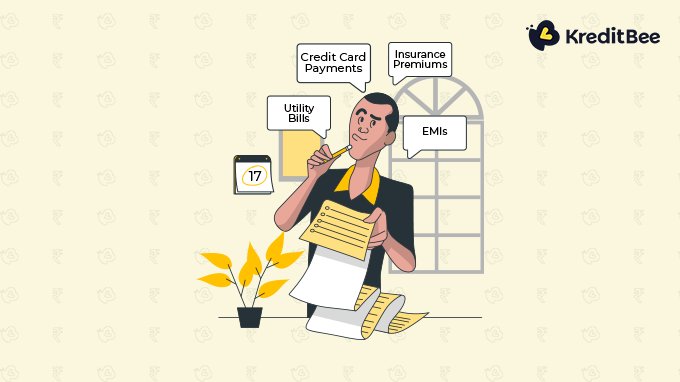In the digital age, instant loan online apps have become a convenient and accessible way to secure quick funds for various financial needs. However, before diving into the world of personal loan apps, it’s crucial to understand the legal terms and conditions associated with borrowing money through these platforms. In this article, we’ll explore some essential legal terms you should be familiar with before using a personal loan app.

1. Loan Agreement:
A loan agreement is nothing but a legal document that talks about the terms and conditions of the loan. It includes details like loan amount, interest rate, repayment schedule, and any associated fees. Before accepting a loan through an instant loan app, carefully review and understand the loan agreement to ensure you are aware of all obligations and responsibilities.
2. Interest Rate:
The interest rate can be understood as the cost of borrowing money, and it is always expressed as a percentage of the cash loan amount. It’s essential to know the interest rate associated with your loan, as it directly affects the total amount you will repay. Interest rates can vary based on your creditworthiness and the lender’s policies.
3. Annual Percentage Rate (APR):
The APR can be expressed as the total cost of borrowing, including both the interest rate and any applicable fees. It’s a critical metric for comparing urgent loan offers from different lenders as it provides a more comprehensive picture of the loan’s cost. Always review the APR to understand the true cost of the loan.
4. Repayment Terms:
The repayment terms specify how you will repay the loan. This includes the loan’s duration (term) and the frequency of payments (e.g., monthly, bi-weekly). Ensure you understand the repayment schedule, as missed or delayed payments can lead to additional fees and negatively impact your credit score.
5. Late Payment Penalties:
Personal cash loan app often charge penalties for late or missed payments. These penalties can increase the overall cost of the loan and harm your credit score. Carefully review the loan agreement to understand the consequences of late payments and make every effort to adhere to the repayment schedule.
6. Prepayment Penalties:
Some lenders may impose prepayment penalties if you repay the loan early. These loan penalties are meant to compensate the lender for the interest income they would have earned if you had continued making payments as scheduled. If you plan to pay off your loan ahead of schedule, check if there are any prepayment penalties.
7. Origination Fees:
Origination fees are upfront charges that lenders may impose to overcome the cost of processing your loan application. These fees are typically a percentage of the loan amount. Be aware of origination fees, as they affect the total amount you receive and must repay.
8. Default:
Default occurs when you are not able to meet the necessary conditions of your loan application. Defaulting/ or not being able to repay your loan can have serious consequences, for example, damage to your credit score, collection efforts by the lender, and potential legal action. Understand the conditions that could lead to default and take steps to avoid it.
In conclusion, personal loan apps offer a convenient way to access funds. Still, it’s crucial to be well-informed about the legal terms and conditions associated with borrowing money through these platforms. Carefully review the loan agreement, understand the interest rate and APR, be aware of penalties for late payments and default, and know your rights and responsibilities as a borrower. By understanding these legal terms, you can make informed financial decisions and use personal loan apps to meet your financial needs responsibly.